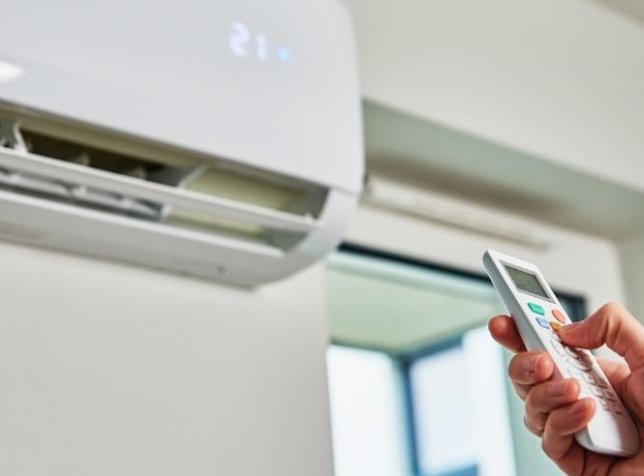
Europe adopts air conditioning at a rapid pace amid global warming
As Europe faces yet another summer of record-breaking temperatures, a quiet but profound transformation is underway. Air conditioning is no longer seen as an American or Mediterranean luxury, it is becoming increasingly common in northern countries. This shift reflects a new climate reality: extreme heat is no longer the exception, but the new norm.
This growth brings serious challenges. Power grids designed for milder climates struggle with demand peaks during heatwaves, while governments try to balance the need to cool cities with the urgency of reducing emissions. In countries like France, the Netherlands, and the United Kingdom, sales of air conditioning units are rising rapidly. Manufacturers such as Daikin, Samsung, and Hitachi are increasing investments to meet the demands of a market growing at record rates.
In France, where Bordeaux recorded 41.6 °C this summer, even historic buildings have begun adopting discreet air conditioning systems to preserve heritage and ensure comfort. Across Europe, household air conditioning has already doubled in presence since 2010. Germany, Austria, and Scandinavian countries, once resistant to the equipment, are now also seeing rapid expansion.
The numbers confirm the shift. The presence of air conditioning in French households jumped from 14% in 2016 to 25% in 2020, and is expected to reach half of all homes by 2035. But this growth exposes vulnerabilities. Europe is warming twice as fast as the global average, and cooling degree days in cities like Paris have tripled in just twenty years. This puts pressure on already overloaded power grids and forces governments to revisit their energy plans.
Beyond infrastructure, there are cultural barriers. For decades, Europeans rejected air conditioning for aesthetic, cost, or environmental reasons. Now, more frequent heatwaves are turning air conditioning into a symbol of health and productivity. Daikin and other manufacturers are already adapting models to reduce noise and environmental impact, in an effort to align technology with sustainability.
The dilemma is clear: how can we cool increasingly hotter cities without worsening the climate crisis? For many Europeans, like 27-year-old Parisian Amadej Petan, the answer is pragmatic. “I feel like every summer is getting hotter. To work and live comfortably in my apartment, I needed air conditioning,” he says.
Amadej’s statement reflects a mindset shift that crosses borders and generations. Air conditioning, once a symbol of luxury, is now seen as an essential tool for adapting to the new climate reality. At the same time, it highlights the urgency of accelerating the energy transition and modernizing cities so that thermal comfort no longer means more emissions, but rather sustainability. The future of the European summer will depend not only on the technology chosen to cool homes, but also on the ability to balance well-being with environmental responsibility.